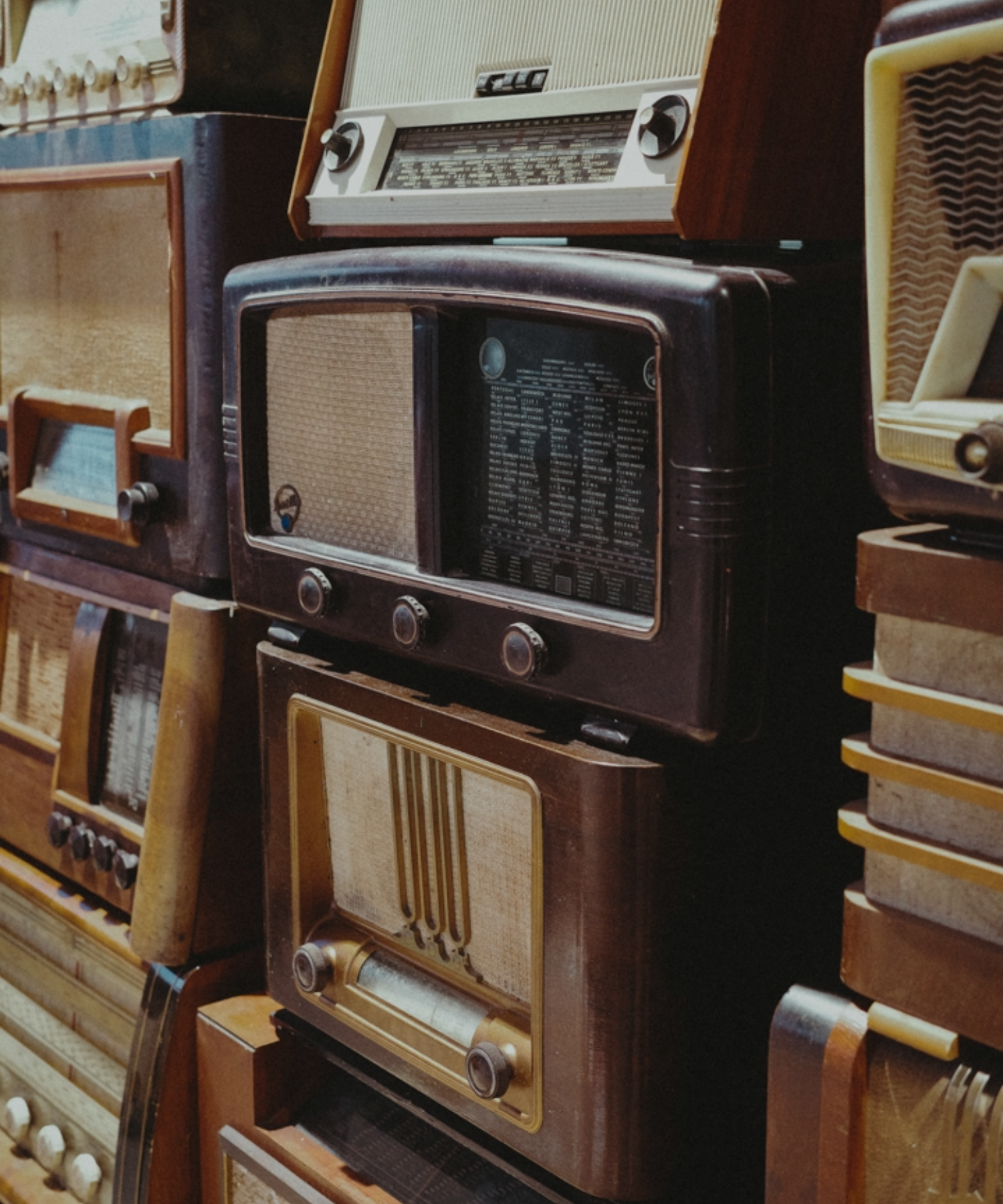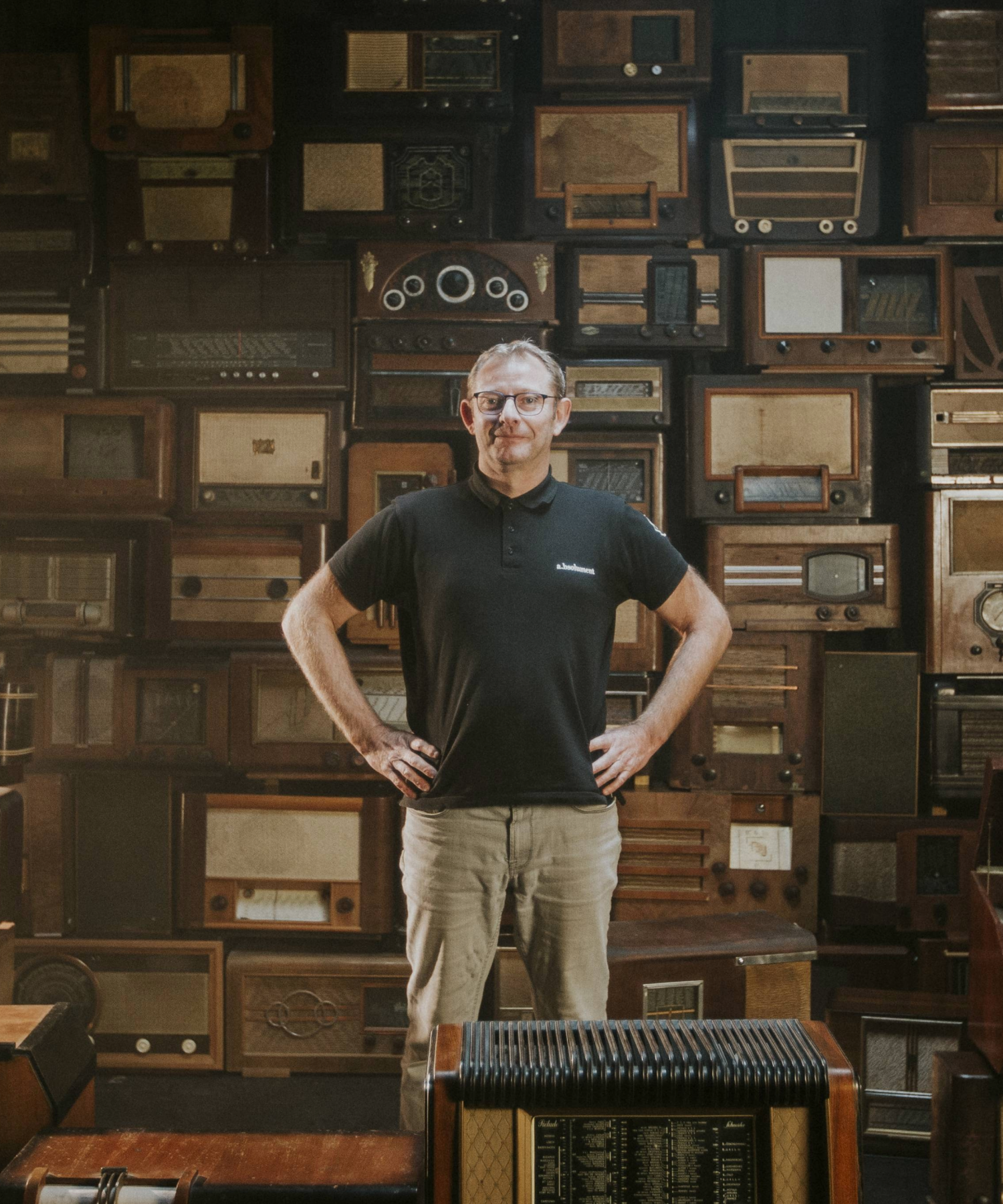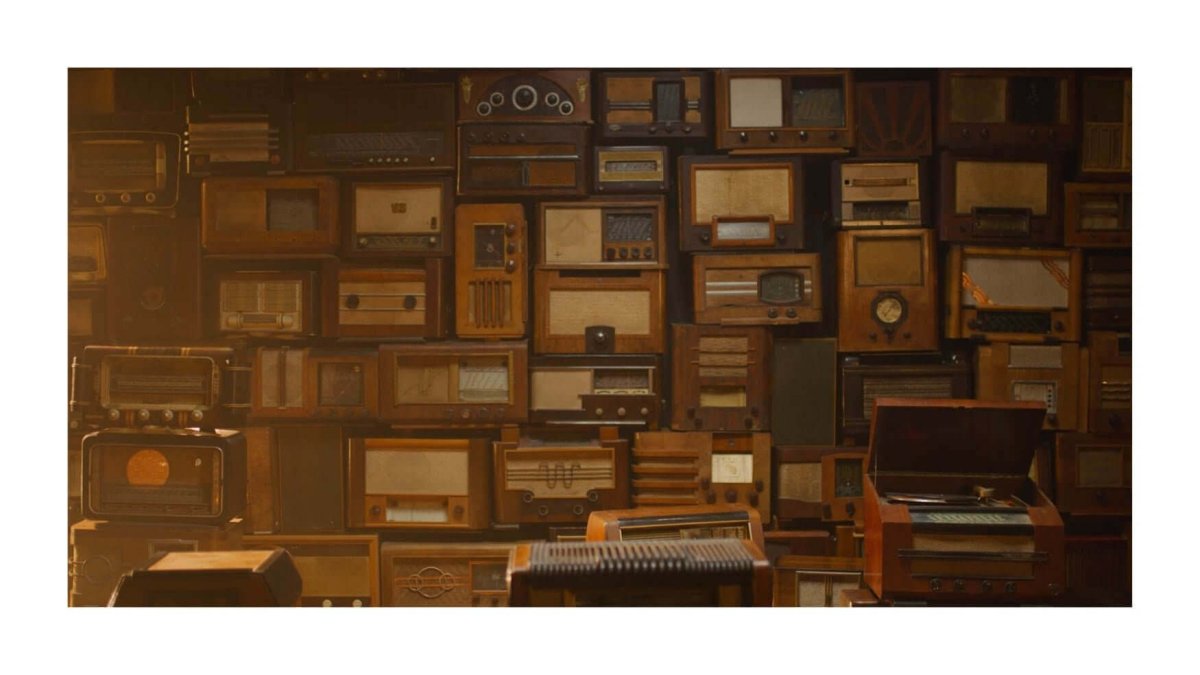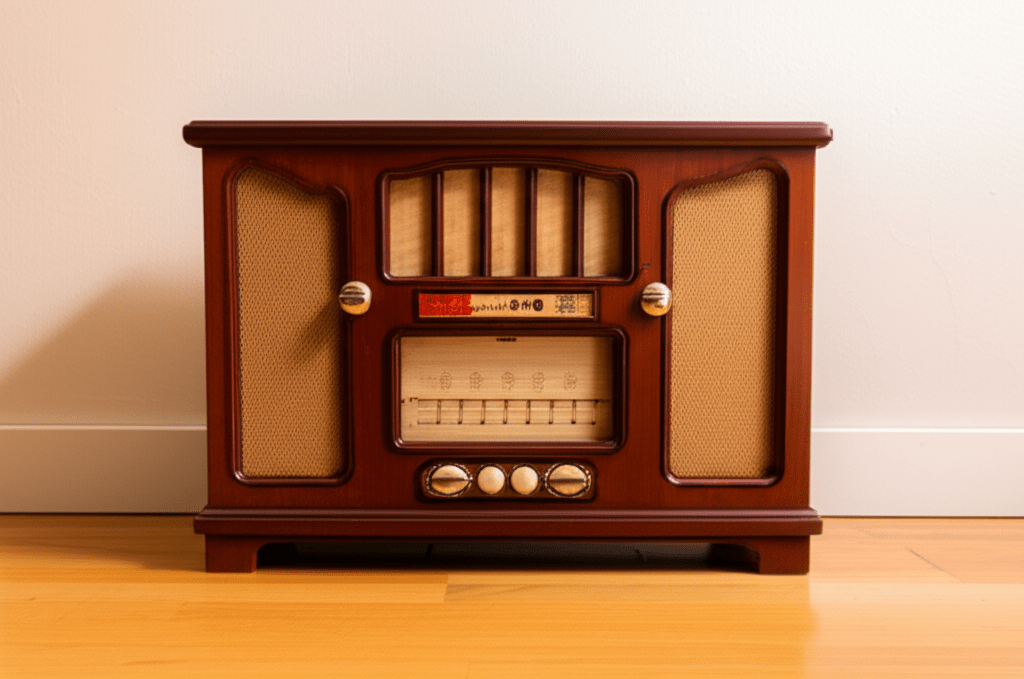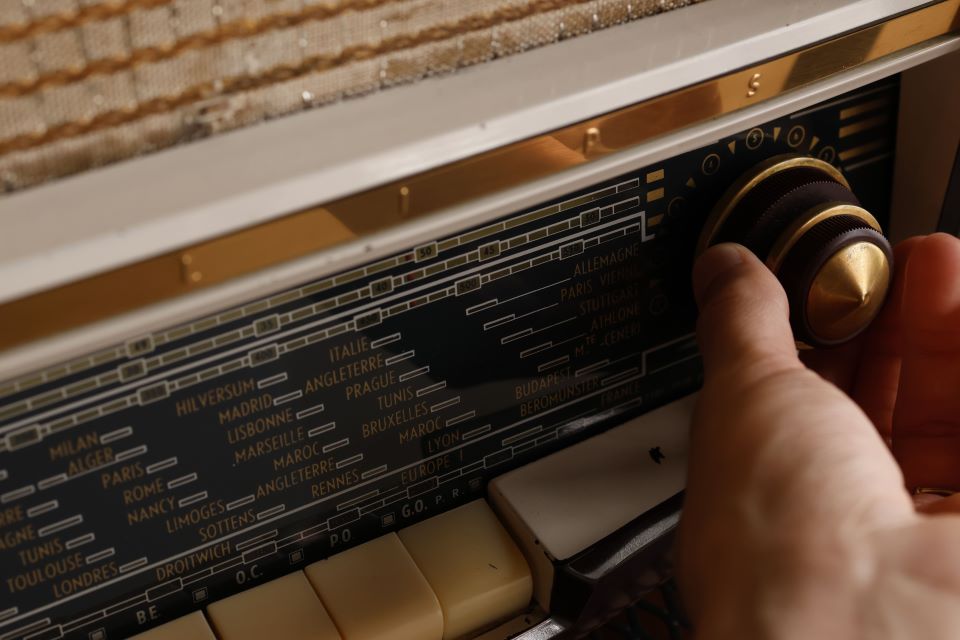Radio is an incredible invention that has radically changed the way we communicate and consume information. From music to news to entertainment programs, radio is a go-to medium for many of us. But how was this marvelous invention born? In this article, we are going to explore the history of the invention of the radio.
The history of radio dates back to the 19th century, when scientists began experimenting with wireless telegraphy, also known as "radio-telegraphy". The principle was simple: use electromagnetic waves to send communication signals over a distance. It was in 1895 that Guglielmo Marconi, an Italian engineer, managed to send radio signals across the Atlantic Ocean. This technical feat marked the beginning of the radio era.
At the start of the 20th century, radio became increasingly popular around the world. The first radio sets were designed for ships and boats, but people soon realized the potential of radio for mass communication. In 1920, the first commercial radio broadcasts were broadcast in the United States, launching a thriving industry.
However, the radio was not invented by one person. It was the result of the work and collaboration of many scientists and engineers around the world. Besides Marconi, Nikola Tesla, Thomas Edison and Heinrich Hertz also made important contributions to the invention of the radio.
Radio also played an important role in the story. During World War II, the radio was used for propaganda and to communicate coded messages between Allied forces. In the 1960s, radio was an important medium for protest movements and demonstrations.
Today, radio remains a popular and widely used medium. Radio stations broadcast a wide variety of programs, ranging from music and news, to talk shows and entertainment programs. Radio has also become more accessible than ever thanks to the internet and mobile apps.
Ultimately, the invention of the radio was a pivotal moment in the history of communication. It changed the way we receive and transmit information, and it played an important role in historical events. But above all, radio was the result of the hard work and collaboration of many scientists and engineers, which reminds us that great inventions are never the result of the work of a single person.
To conclude, the radio is a remarkable invention that has radically changed the way we communicate and interact with the world. From its humble beginnings in the 19th century to its massive spread around the world, radio has been the fruit of the hard work and collaboration of many scientists and engineers.


